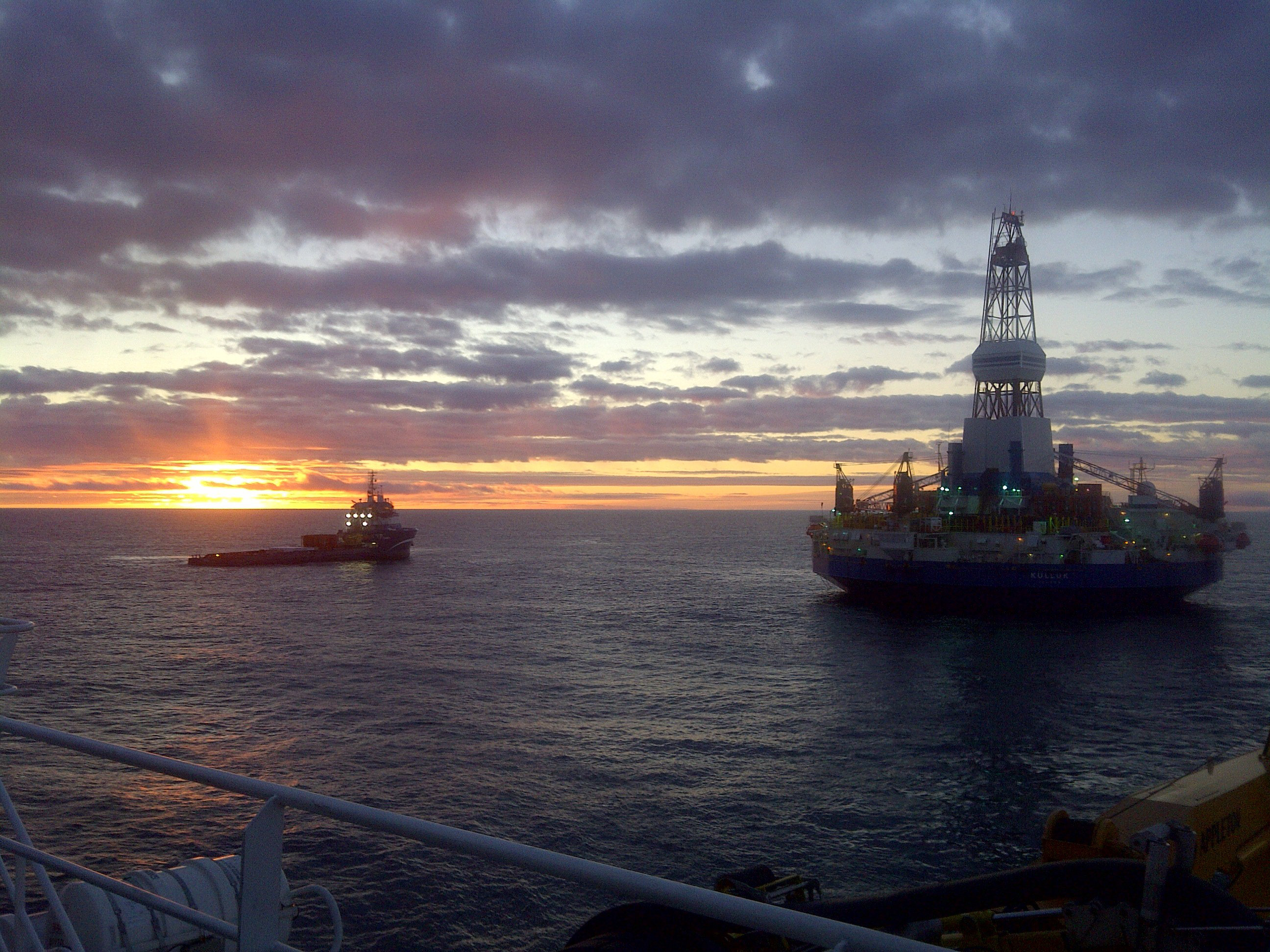Citing climate change, Goldman Sachs rules out new Arctic oil financing
The major U.S. investment bank acknowledged that a changing climate is linked to a raft of social and economic issues.

After previously declaring there was no economic rationale for Arctic oil and gas drilling, Goldman Sachs now says it will go a step further and refuse to finance new oil projects in the region, in part on environmental and social grounds.
In updated corporate environmental guidelines published Sunday, Goldman Sachs, one of America’s “big-six” banks, said it “will decline any financing transaction that directly supports new upstream Arctic oil exploration or development. This includes but is not limited to the Arctic National Wildlife Refuge.”
The change comes after Goldman Sachs, earlier this month, said it “has not and would not expect to finance oil exploration” in oil-rich, but environmentally sensitive section of Alaska’s North Slope area.
[Barclays says it will no longer make controversial energy investments, including in Arctic oil]
The update was released as negotiators taking part in the annual UN climate conference ended on a humdrum note, frustrating scientists, who warn that urgent action is needed in the face of accelerating effects of global warming. In its guidelines, though, Goldman Sachs threw its support behind the position of the IPCC and the vast majority scientific community, that human-induced global warming was “a reality.”
“We believe that climate change is one of the most significant environmental challenges of the 21st century and is linked to other important issues, including economic growth and development, poverty alleviation, access to clean water, food security and adequate energy supplies.”
In addition to Arctic oil, Goldman Sachs said it would stop financing certain types of coal mining and coal-fired power plants, while also pledging to develop financial products that will seek to address global warming and its impacts. This after it had previously committed $750 billion spending on “climate transition and inclusive growth finance” by 2030.
The changed guidelines were reportedly the result of meetings between leaders of the Gwich’in Steering Committee, an Alaska group established in 1988 to oppose oil drilling in the Arctic National Wildlife Refuge, the environmental advocacy group Sierra Club, and representatives from Goldman Sachs and other major banks.
Bernadette Demientieff, the head of the Gwich’in Steering Committee, urged other banks to follow Goldman Sachs’ lead.
“Drilling in the Arctic Refuge would permanently destroy the primary food source of the Gwich’in people, our culture, and our way of life,” she said.
Prior to Goldman Sachs, 16 major European and Asian banks, most notably U.K.-based Barclays this past January, had already adopted restrictions on financing for Arctic oil and gas projects.
Goldman Sachs is the first U.S. bank to place any restrictions on financing for the oil and gas industry, but the Sierra Club and Rainforest Action Network, another environmental advocacy group that helped in the lobby effort, reckoned other major banks would soon take similar measures.
“In May 2015, Bank of America established a first-of-its-kind policy to reduce exposure to coal mining. By March 2016, the other big five U.S. banks had all responded with new coal policies,” the two groups said in a joint statement. “Now, in 2019, Goldman Sachs’ updated fossil policy is the most significant new policy by any of these banks since 2016. The other big five should respond by improving on Goldman Sachs’ commitment.”